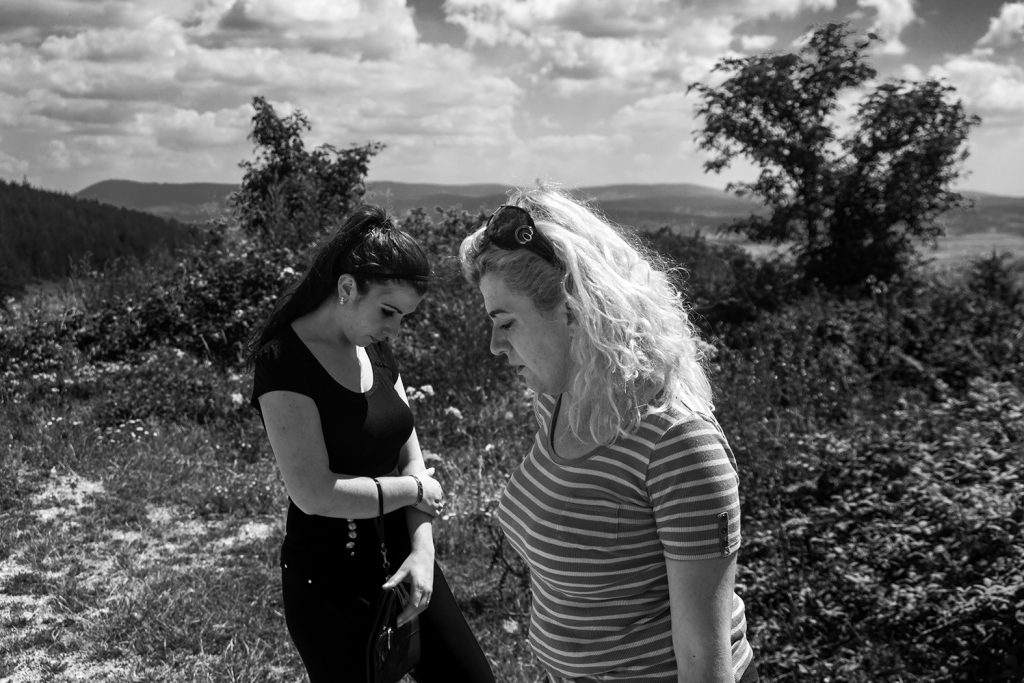
A photo exhibition documents Hasija’s journey back to the place that changed her life forever and the life that is now her reality.
“10 soldiers came into my home who had previously burned down my grandparents’ house while they were inside with my 3-year-old sister. They ordered that I go with them, and they took me to my high school. I wasn’t even 18 years old, and I had never been intimate with a man until that time. That night, they took me into the basement of the school and threw me to the floor. I couldn’t see their faces. I prayed and begged for them to stop, but nothing helped. I lost consciousness. I woke up in a classroom and felt nothing but emptiness inside. I was held in that school for a month and a half. I thought I would never be free again. They continued to come and take advantage of me during the night. When I was released and reunited with my family, I was told that they had also killed my father and brother.”
“They say that the life of every person is unique and precious. They hurt me and today I don’t see my life as valuable anymore. The horrific past of my youth is my only reality. It is a fight to keep going each day. The fight for existence becomes even harder under the veil of the scars that will not heal. 20 years ago I dreamed of a happy life. Today I have nightmares, covered in the blood of my loved ones. My light at the end of the tunnel is shut down by tears, and my voice of hope is muted by the gunshots I hear with every beat of my tired heart.”
This exhibition documents Hasija’s journey back to the place that changed her life forever and the life that is now her reality. Velija Hasanbegović captured the essence of her story through his photography.
40-year-old Hasija serves as the inspiration for this exhibition. At the age of eighteen, she was forced to endure the horrors of rape and sexual violence while being detained in what was once her high school during the Bosnian war. These images, captured by photographer Velija Hasanbegović, depict the ongoing struggles that she must face as a result of her experiences. Translating Hasija’s memories of these horrible crimes into photographs was an emotional and difficult task for Hasanbegović because he too is carrying vivid memories of the war that took place in the 1990s.
Returning to 1992 and the scene of a horrific crime was a very big deal for both of them, but the need to document and to tell the truth was important. For Hasanbegović, Hasija’s difficult life story was a great inspiration, and Hasija once again summoned the courage to share her memories. The Post-Conflict Research Center (PCRC) is proud to have made this successful cooperation possible.
These photographs tell the story of a broken youthful dream, a lost look through empty eyes and a woman recovering from the wounds of the past while dealing with the reality of the present.
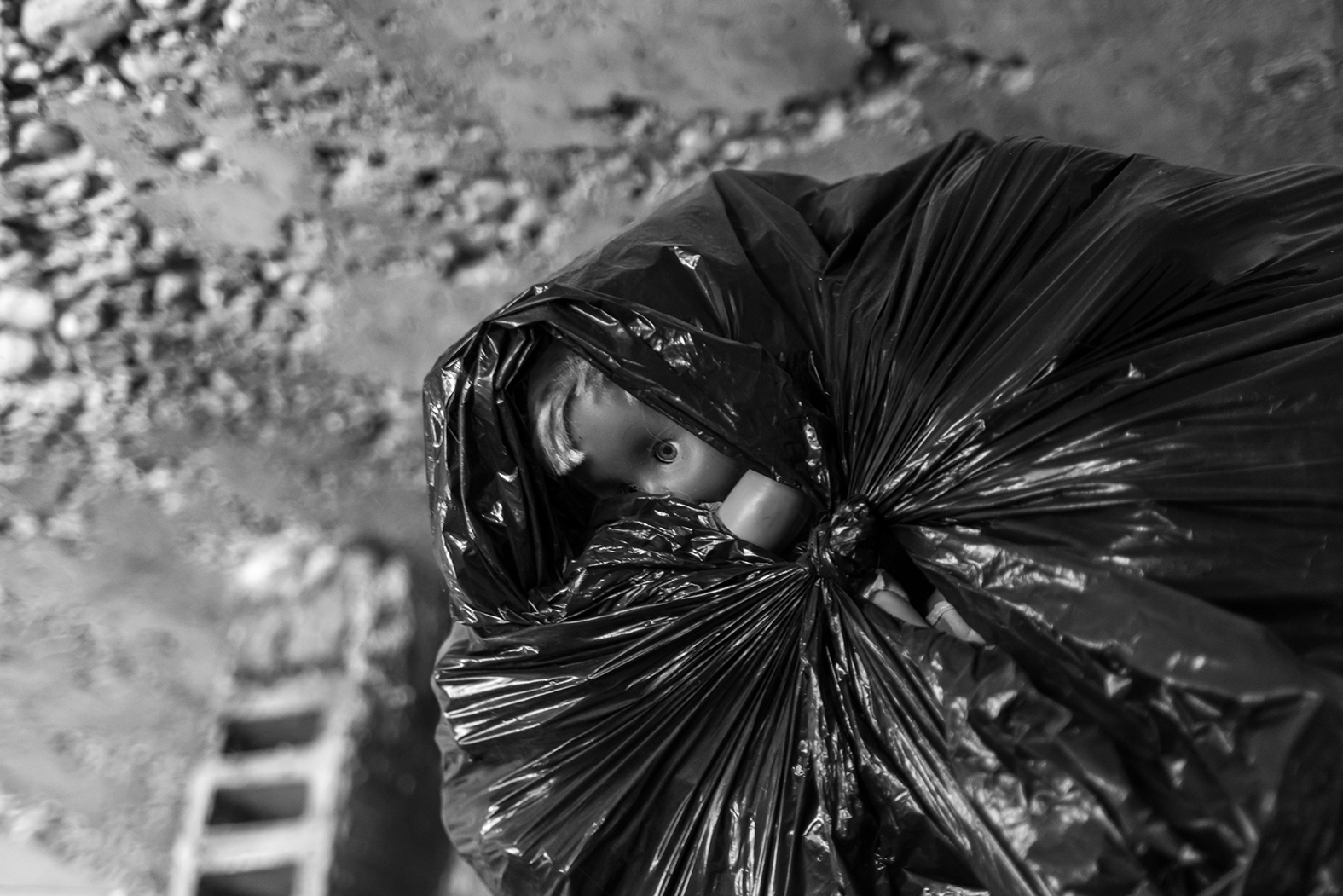
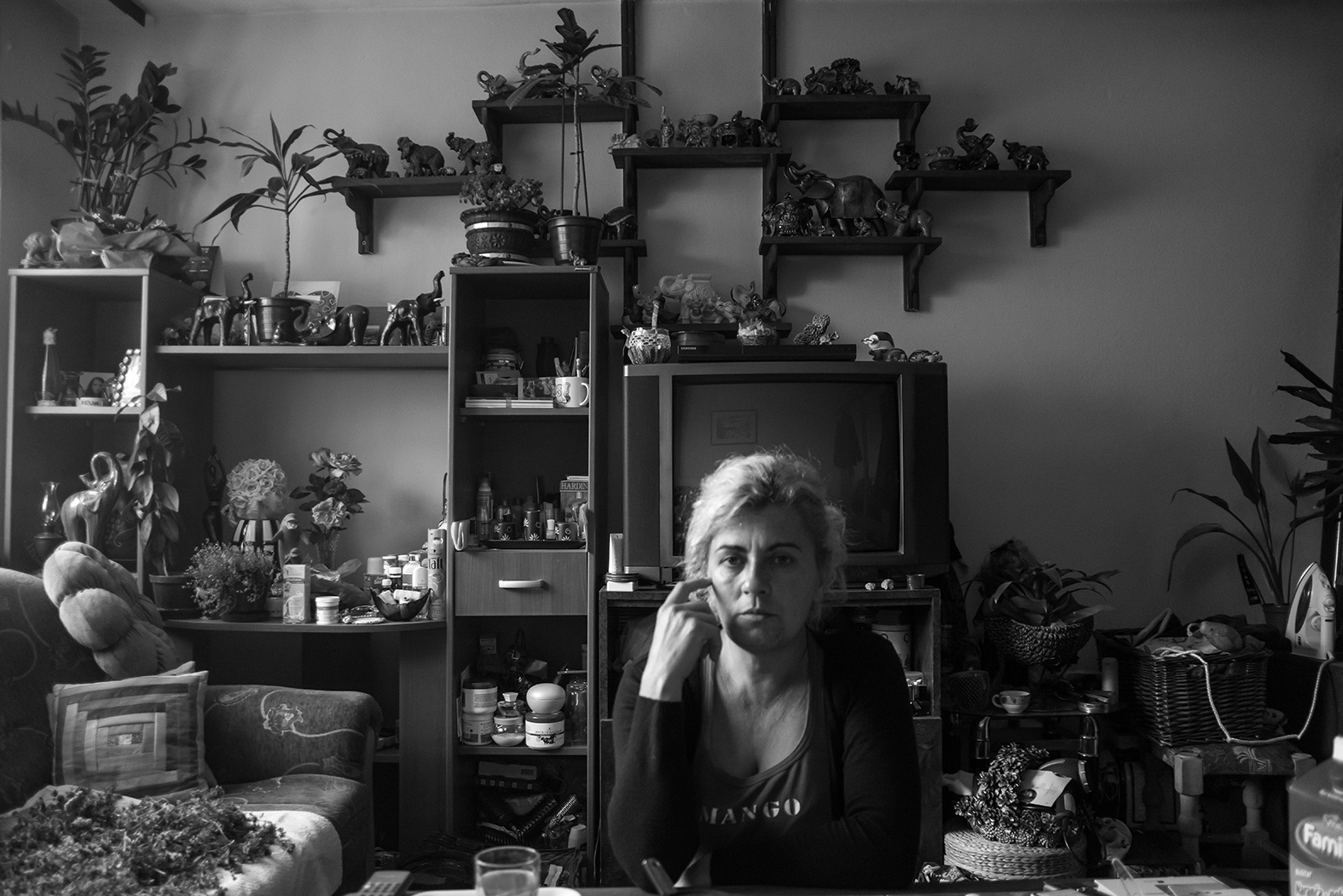
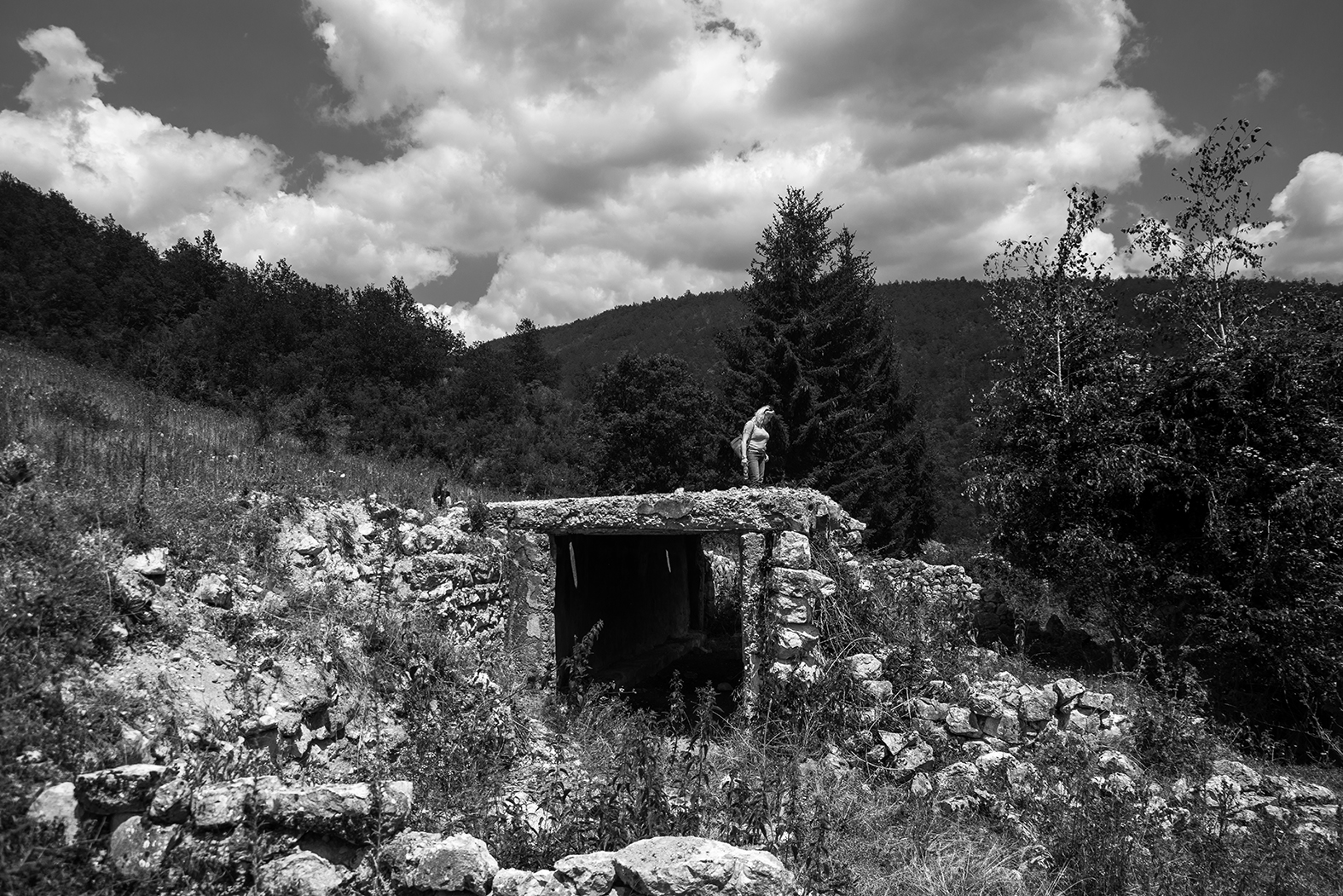
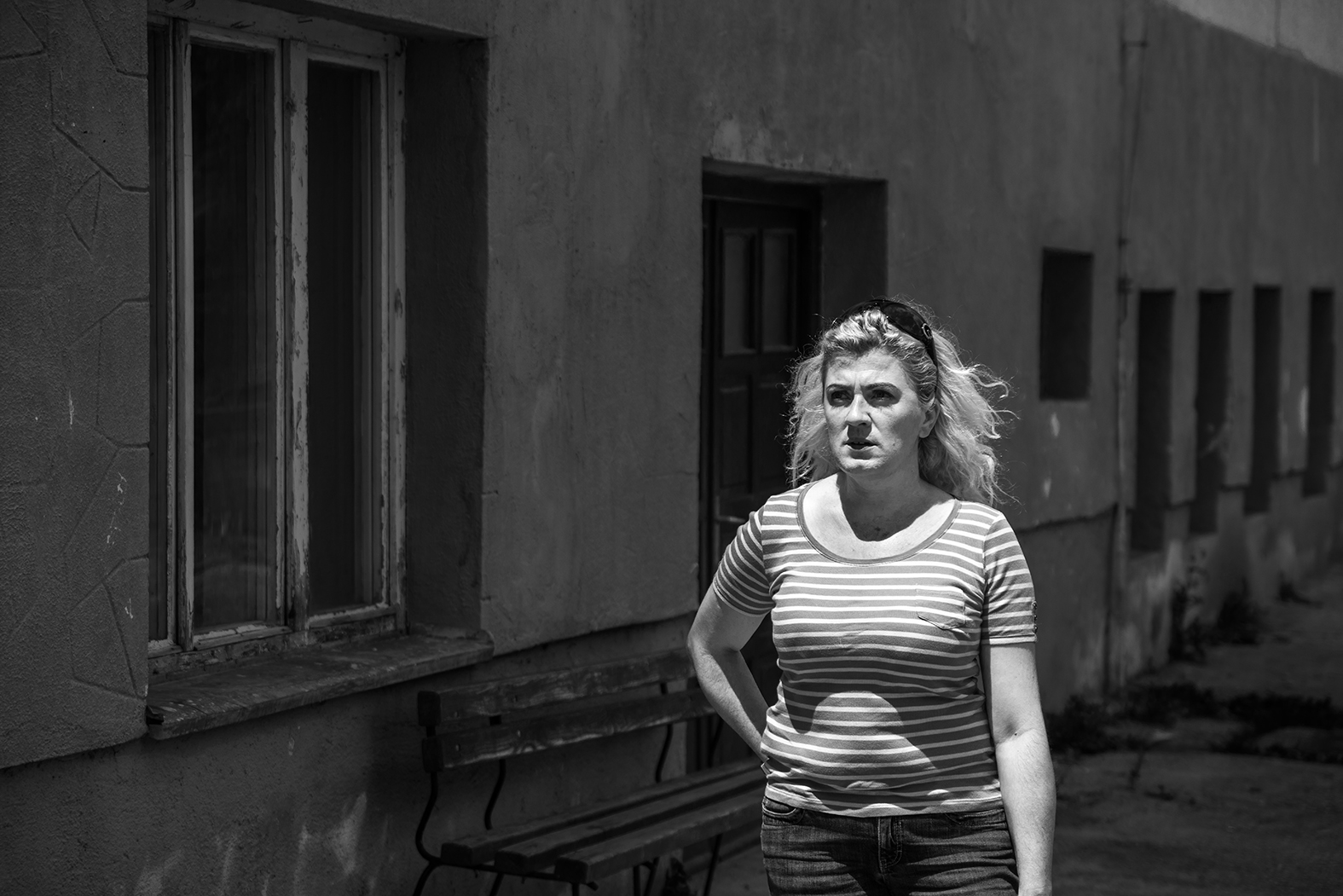
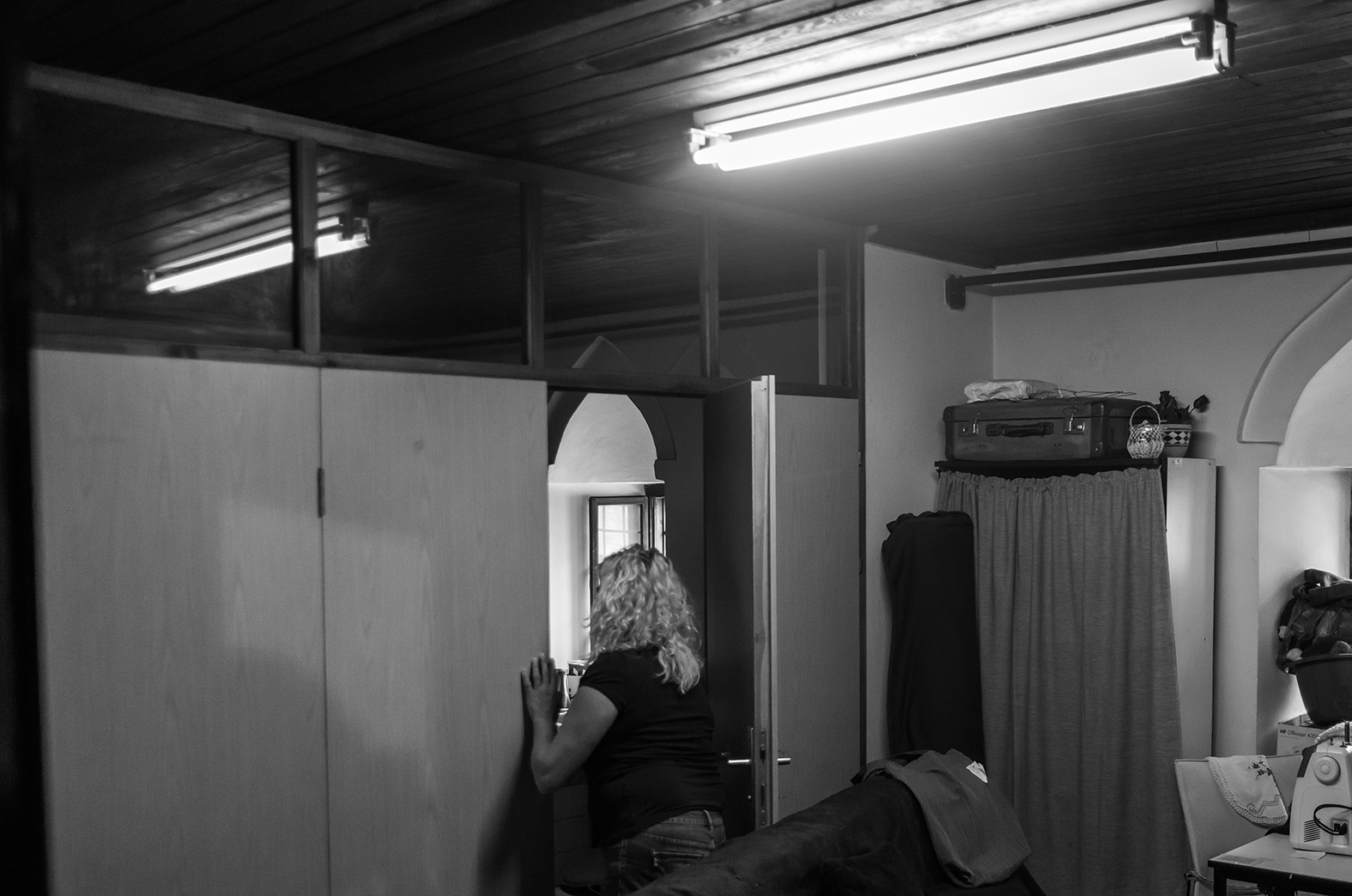
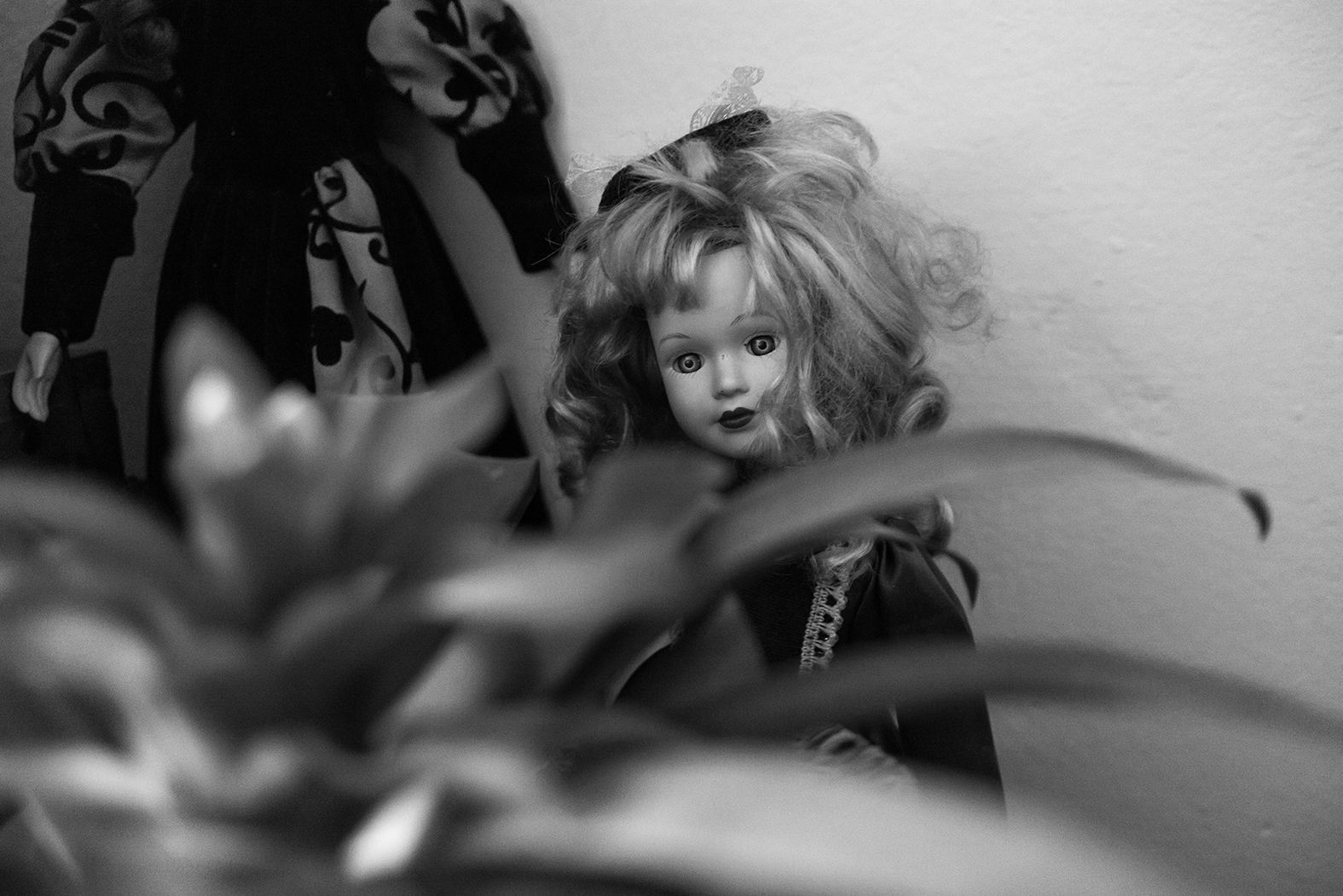
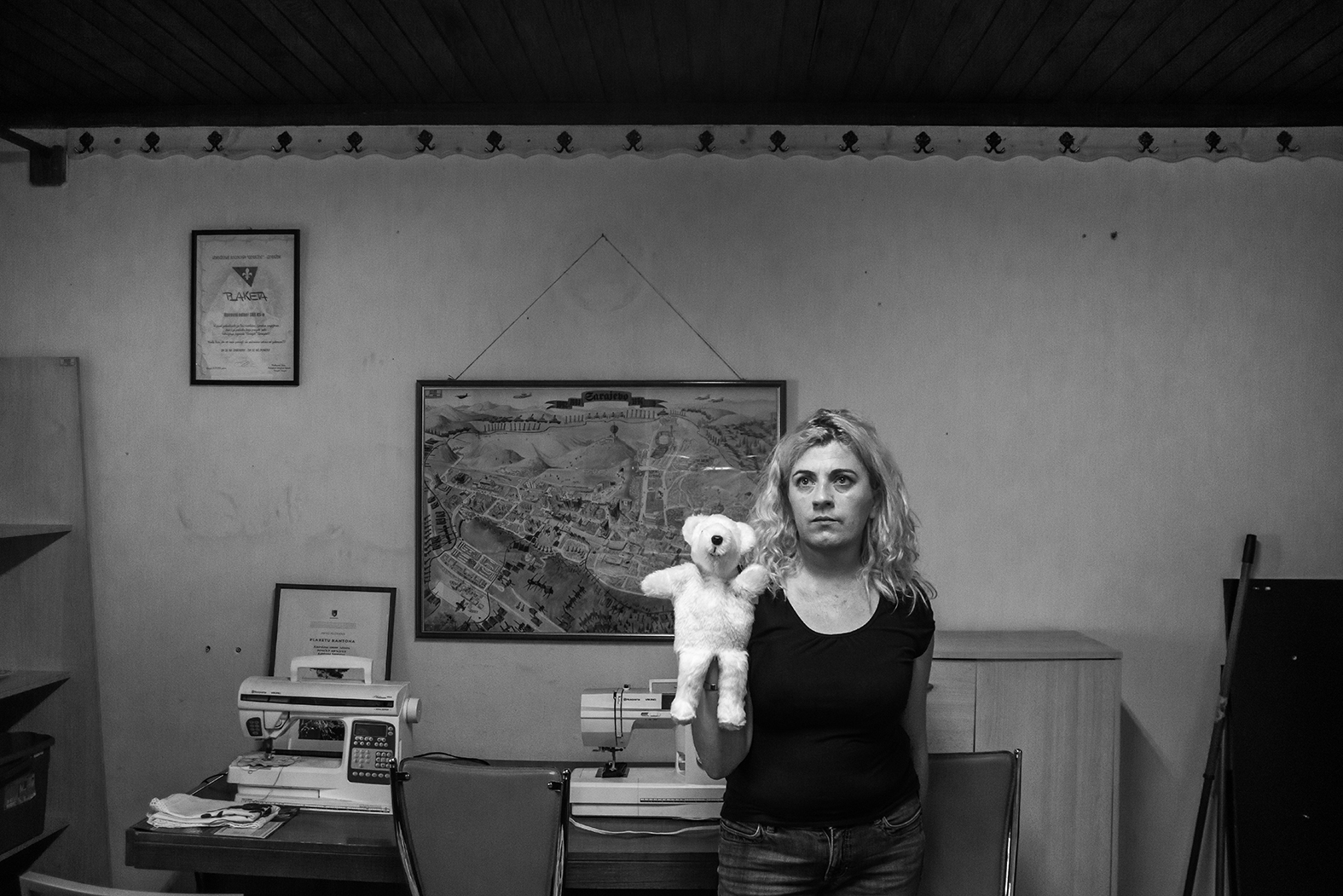
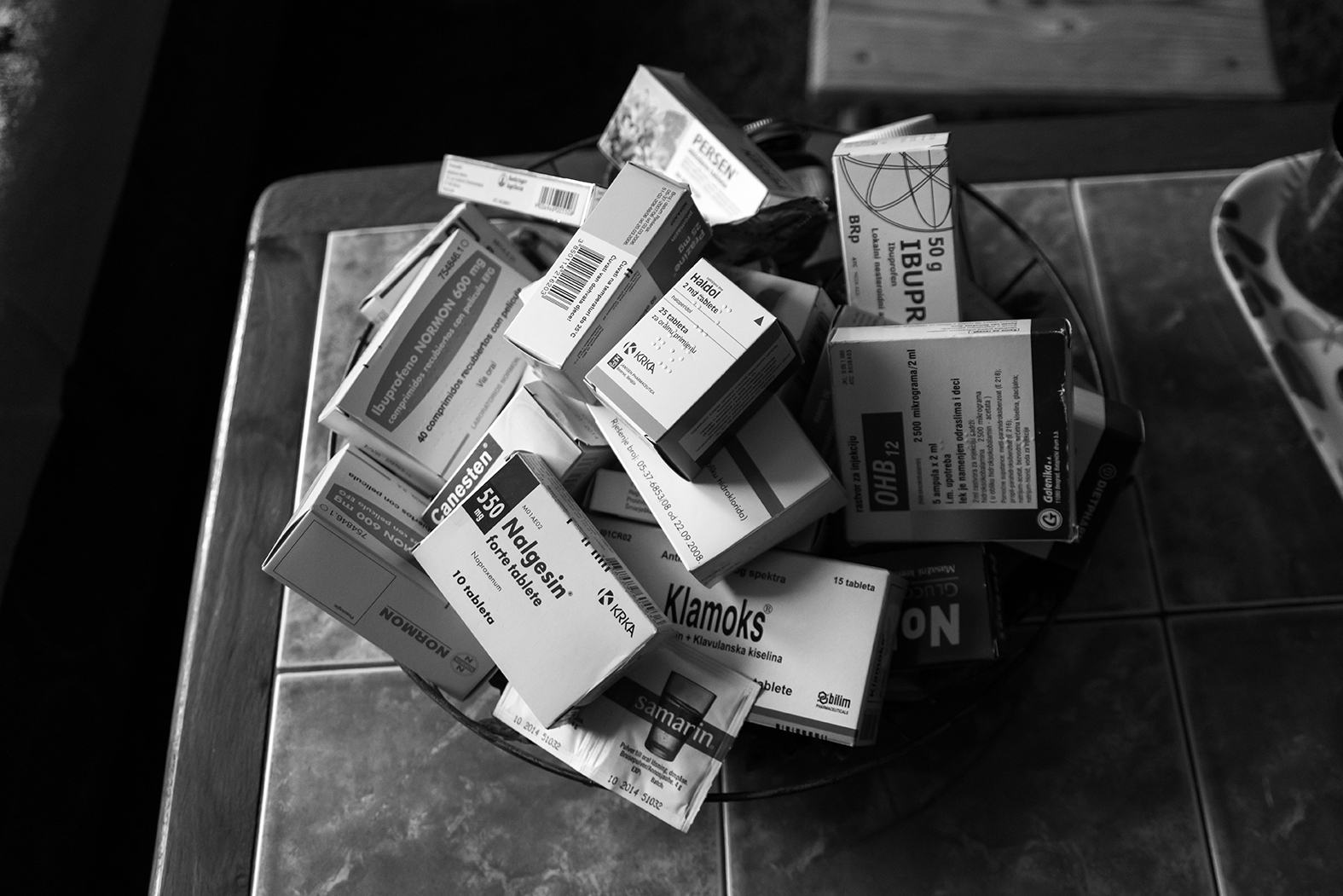
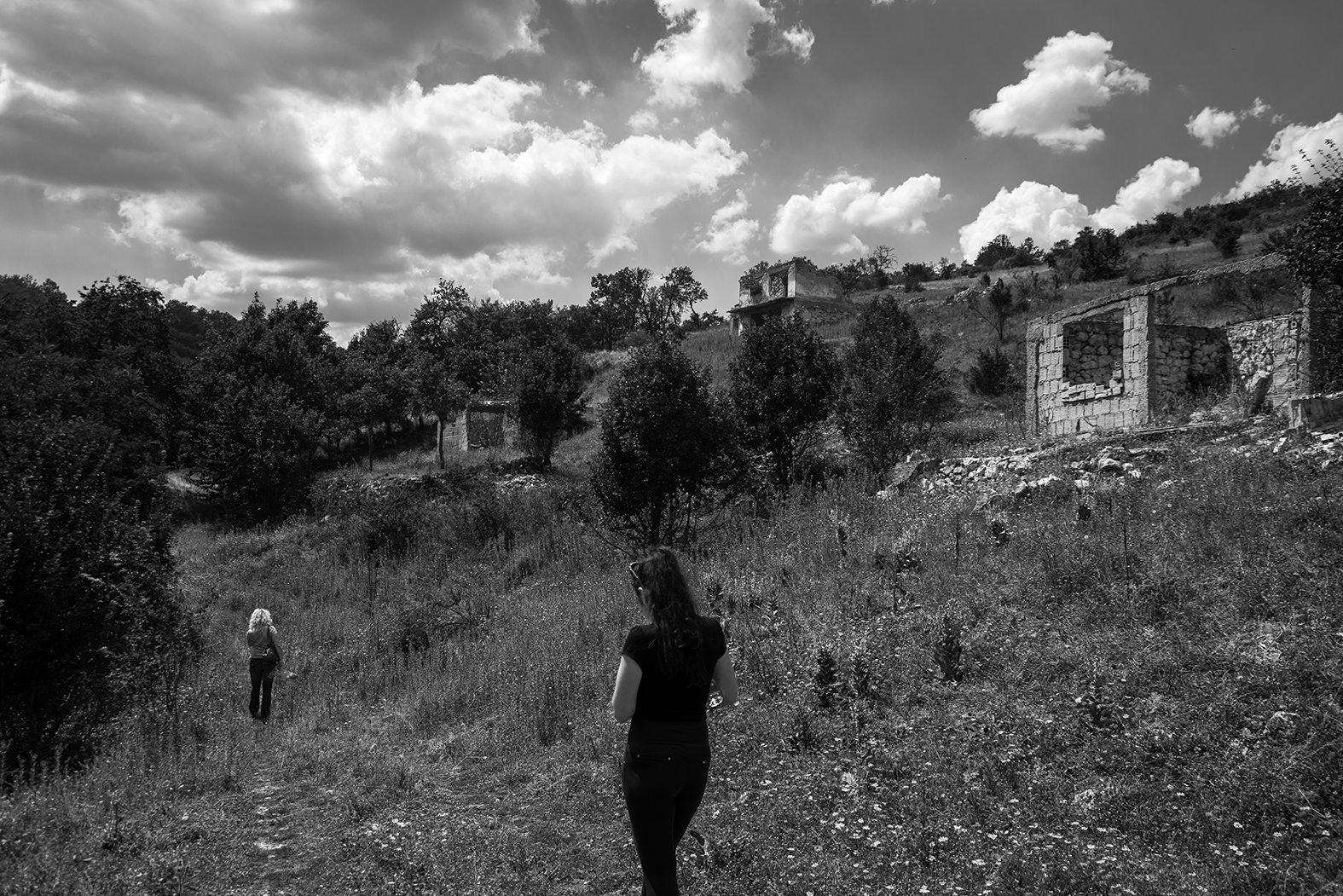






Rebecca Granger
I hope those who raped Hasija were brought to justice and tried for these war crimes.